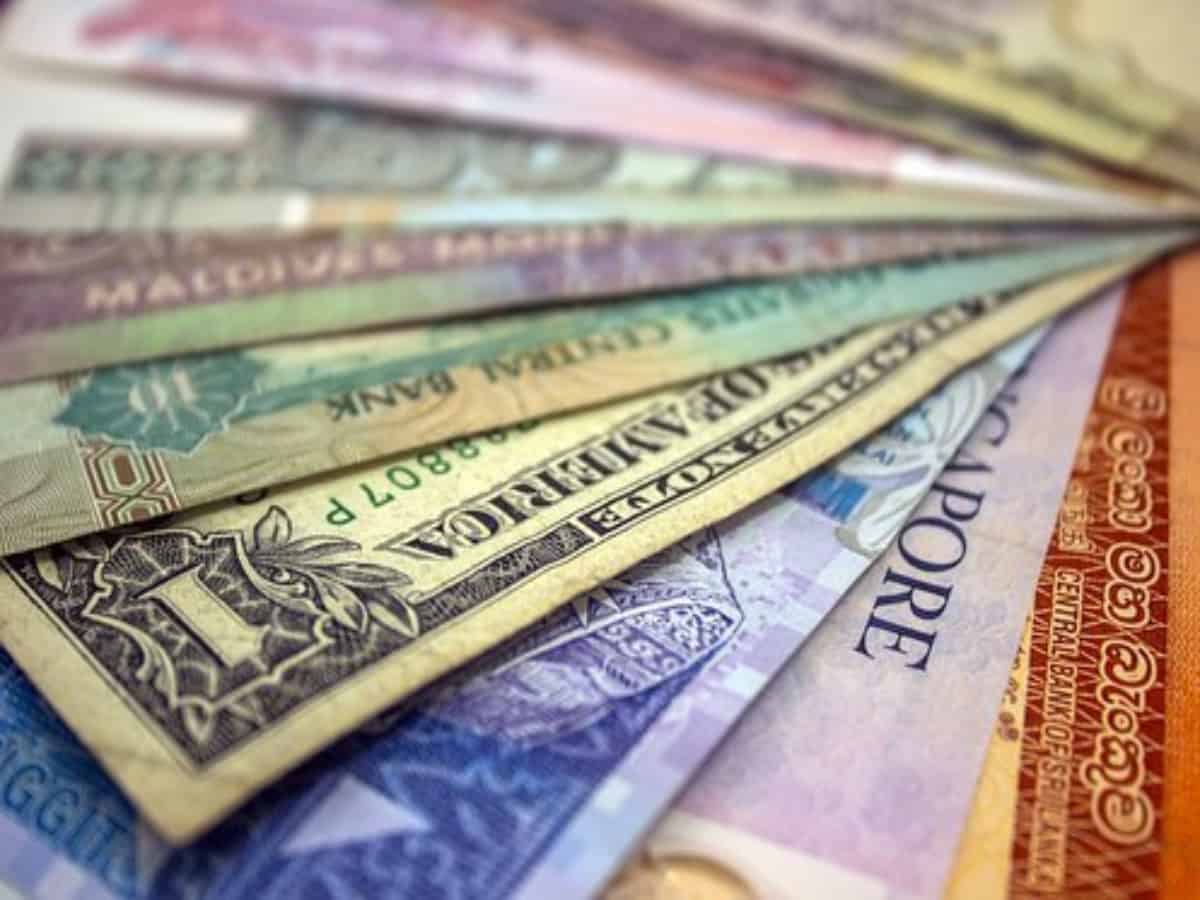
New Delhi: The controversial comments made by now suspended leaders of the BJP against the Prophet Mohammed have led to backlash from Muslim countries all over the world. Even 57-nation OIC has condemned the comments.
Apart from Kuwait, Qatar, and Iran who summoned Indian ambassadors over the remarks by Nupur Sharma and Naveen Jindal, several Islamic countries including Saudi Arabia, Jordan, United Arab Emirates (UAE), Indonesia, Bahrain, Maldives, and Oman denounced the comments.
The OIC slammed India for the remarks and even urged the UN to take necessary measures to ensure that the rights of Muslims are protected in India.
Reacting to the backlash, BJP on Sunday suspended its national spokesperson Sharma and the party’s Delhi unit media head Jindal for making comments against Prophet Mohammad.
Did international backlash force BJP to take action?
After BJP suspended its leaders from the party over the controversial remarks, P. Chidambaram hit out at the saffron party by saying that it was the international backlash that forced the party to act.
“Domestic criticism did not impel the BJP to act against the two spokespersons. It was only the international backlash that pushed the BJP to take action.”, he said.
“Mrs Nupur Sharma and Mr Naveen Kumar were not the original creators of the Islamophobia, remember, they were trying to be more loyal than the king,” he added.
Why gulf matters for India?
As per data from the Ministry of Commerce, the trade with the UAE, Saudi Arabia, Iraq, Qatar, Kuwait, Oman, and Iran together constitute 18.25 percent of the total trades of India with foreign countries.

The UAE is one of the top 10 Foreign Direct Investment (FDI) contributors in India. During the last three years, $5.5 billion FDI came from the Middle East country. Saudi Arabia is also one of the significant contributors to FDI in India.

In 2018, 53.9 percent of the total remittances received by India came from the UAE, Saudi Arabia, Qatar, Kuwait, and Oman.
